Yes, we can keep the inspiration that lifts us up over Chanukah along with us in the months ahead.
As you read this, I hope you are enjoying a beautiful and meaningful Chanukah, full of light and love and laughter, strengthened in your emunah, in your family bonds, and in your appreciation for the miracles Hashem bestows upon us each and every day.
The days and the nights fly so fast; before you know it you will be bubble wrapping your menorah and boxing up your dreidels, and opening the door to the dreariness of long and cold and dark winter nights, the lights of Chanukah receding into oblivion.
Except, of course, that is not how it goes. Our holy Yomim Tovim aren’t just blips in a landscape, here for a moment, gone in a flash. Rather, we take them with us into our chol; we use the strength and inspiration we garnered over the days of holiness to gird us in our ever present mission of living a life focused on Torah and being close to Hashem.
So as you enjoy each precious day of Chanukah, here are some ways you can stay mindful of the meaning even as these days fade away, taking the lessons of Chanukah into the winter ahead.
- On Chanukah, we focus on gratitude,
on l’hodos u’l’hallel. Perhaps you’ve spent time as a family talking about the great chassadim Hashem has done for you, perhaps you incorporated “Thank You Hashem” activities into your Chanukah parties, elevating them beyond the eat, drink and be merry. Keep the momentum going! Find everyday opportunities to thank Hashem as you go about your life and encounter the ways both large and small He is there for you.
You groan as you fill out one of those interminably long inpatient forms the first time you visit a particular doctor. But do you stop to express gratitude every time you check off “No” on the medical history checklist? Or do you mindlessly cross off every disease known to mankind? What an opportunity to reflect upon and thank Hashem for all of the diseases and conditions you thankfully do not have!
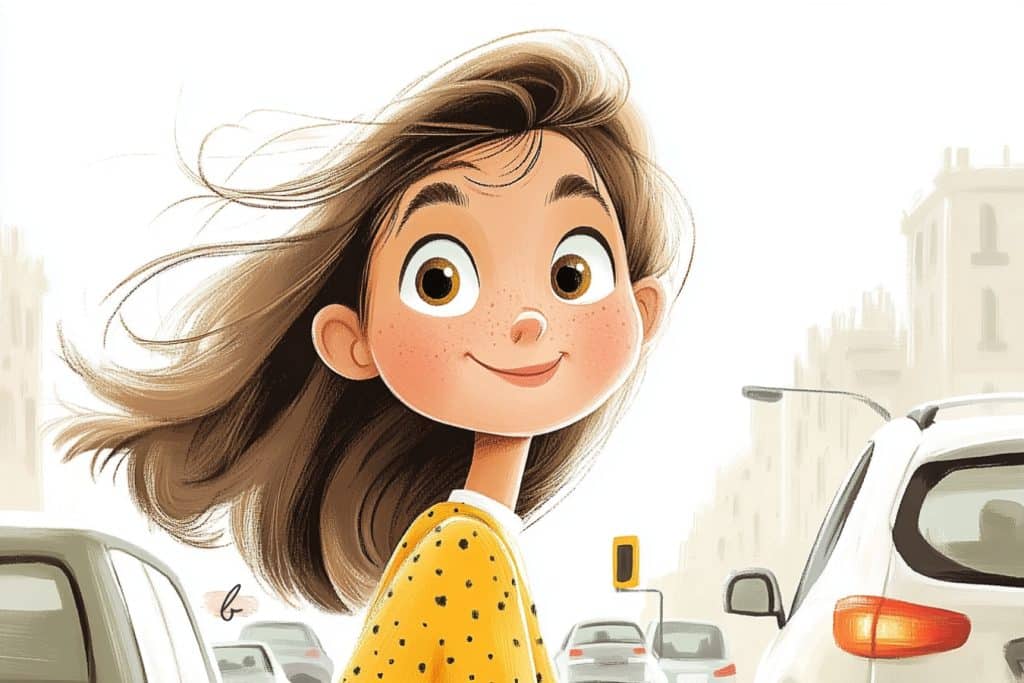
Stuck in traffic and running late for school pickup? It’s certainly aggravating, and I don’t mean to take away from that aggravation, but consider the opportunity to thank Hashem for everything that brought you to this point: You own a car, you have precious children, and a school they can attend. Thank you Hashem!
- The lesson of the pach shemen taught us to hold onto hope no matter how unlikely it might seem.
To daven and to put in the effort, even when we don’t see any chance of results. This is a lesson we certainly need to take with us, recalling those miracles long after our own oil has fizzled out. We may confront challenges, we will come up against obstacles that seem insurmountable, so insurmountable that we give up before we begin to climb. Nes Chanukah teaches us that we need to power through, to light that flame even if it seems there is no hope for it to stay lit beyond one day. Put in the effort and hold onto hope. Miracles happen every day, and it is the power of our emunah that kindles that fuel. Find that pure jar amid the rubble, light it aflame even if it takes every last ounce of your strength, and then daven to Hashem with everything you have.
Believe in the impossible, because with Hashem, nothing is impossible. What gives someone the idea to light a candle that has no hope of burning for more than a day? Someone who believes in Hashem knows that there is no such thing as no hope. When Hashem is around, as He always is, there is hope, there is possibility. Yes, He runs the world according to teva, especially in our days of hester panim, but He holds the keys to that teva in His hand, and He can perform miracles. We need to believe in the power of His miracles and continue to daven, continue to try even when all hope seems lost.
- Yavan stood for the glorification of material over spiritual, the dominance of the human body over soul.
The Chashmonaim fought back, overwhelmingly outnumbered but representing the power of the neshamah that can’t be quantified. They fought for Torah, and Torah won.
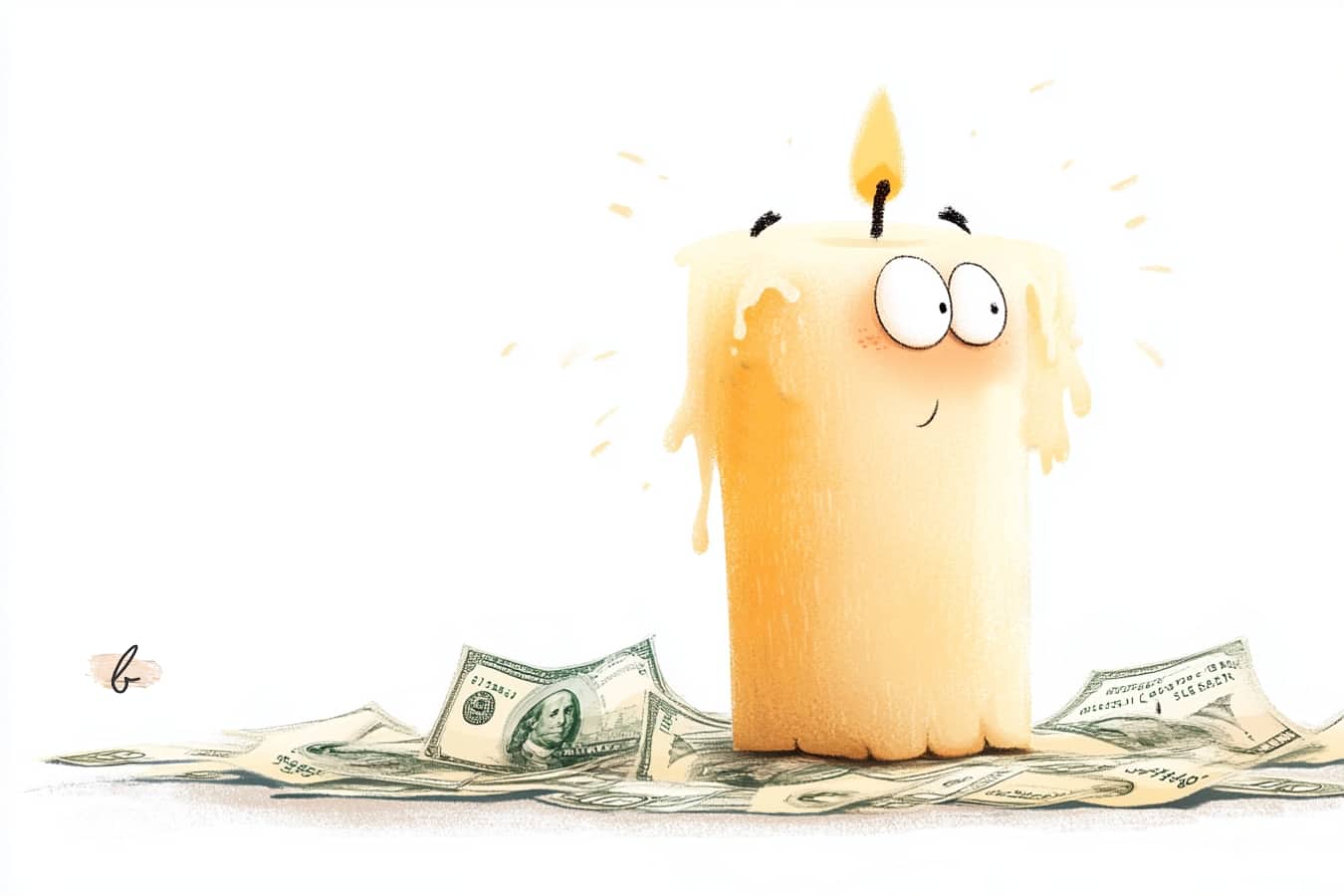
They reminded us that all of the glory of Yavan, all of the wealth and opulence and materialism, can’t hold a candle to the pure flickering flame of Torah, of the neshamah. This battle doesn’t end with Chanukah. Every day, there is a world of gashmiyus, a world of allure pulling at us, and we need to harvest some of that strength we received on Chanukah to gird ourselves, to say “Mi l’Hashem eilai.” There are so many decisions to make, so many lifestyle choices to contemplate, that boil down to a choice between the neshamah and the guf, Yevani culture and Torah hashkafah. Make those choices wisely; remember where the glitz and the glamor stems from and use the strength of spirit Chanukah infused in you to make choices that highlight the neshamah.
- The obligation of glorifying the miracle starts on Chanukah but it must not end there!
We need to take the precious lights we shone from our window and continue to shine them into the long winter nights. We need to show the world the miracles that Hashem has done for us and continues to do, and spread them far and wide. Talk about your hashgachah pratis stories, spread the greatness of Hashem that you see in your life, to your family and to anyone who will listen so that there is no doubt as to His greatness and His presence in every corner of our world.
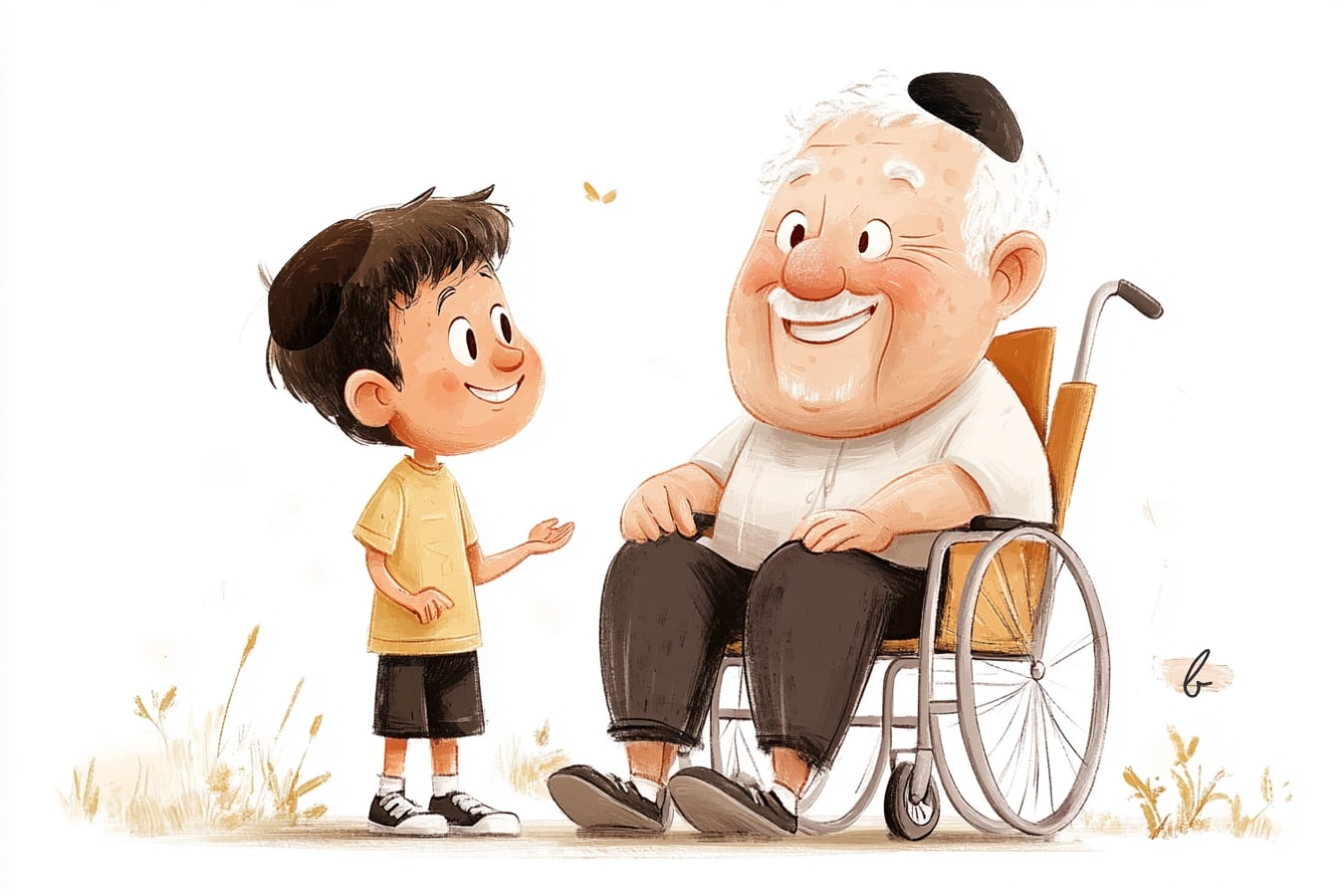
You can spread the name and greatness of Hashem as well by simply being a source of light in the world, by showcasing the greatness of His people through your actions and deeds. Make a kiddush Hashem as you go about your daily life. Smile at a stranger—or at a friend. Let someone go ahead of you in traffic. Help someone in need without prompting. Act pleasantly in your interactions with others. “Mah yomru habrios, ploni shelamad Torah kamah naim maasav.” Let the world see what a powerful force of light a ben Torah can be, thereby spreading Shem Hashem throughout the world just like our Chanukah lichtelach are doing over these eight days.
Kiddush Hashem isn’t just for non-Jews to see, or even unaffiliated Jews. Kindness and decency toward our fellow frum Jews is a kiddush Hashem as well. Everyone needs light in their lives now; we are all vulnerable to an extent, and you never know where or how someone is hurting. Shine that light as brightly as you can, bringing it into the lives of every person you meet.
- During the time of the Chanukah story, learning Torah and doing mitzvos were outlawed.
The few and the faithful continued to serve Hashem at the risk of their lives. Nowadays, we are baruch Hashem allowed to learn safely. We don’t have evil governments threatening to annihilate us if they catch us keeping Shabbos or learning Torah. But we have our own obstacles, and they are individual to each person. Some might be learning in kollel with no financial support, and every day is a strain to make ends meet. Others might be doing it without familial understanding or appreciation, even enduring supposedly good-natured, but actually quite hurtful, mocking and derision. Some might have learning disabilities that make every moment and word a struggle. For those of us without the obligation of limud haTorah, we might find other mitzvos hard. Perhaps we suffer from loneliness and depression which makes certain aspects of Shabbos hard. Perhaps our husband wants the family to be makpid on certain hechsheirim which makes our housekeeping a challenge.
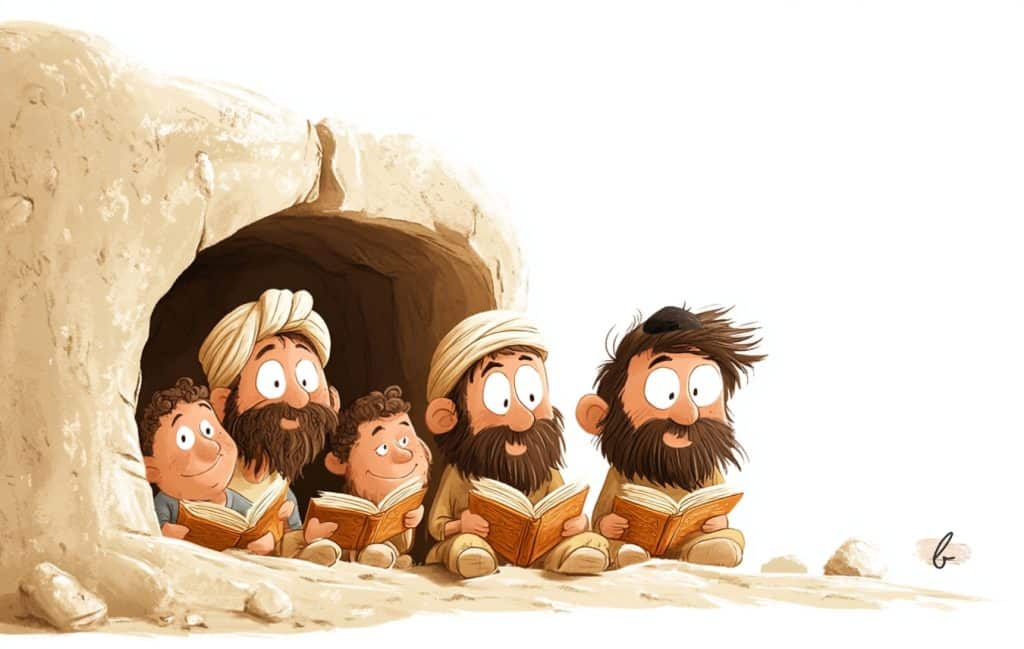
Everyone knows what is difficult for them. And when we do it anyway, when we persevere and take this mitzvah on as our own with joy and devotion, we are as brave as the Maccabim hiding in the caves to learn. We can take some of their strength, the bravery that was passed down to us through the generations, through centuries of lighting candles and playing dreidel and telling the tales. And we can apply it to our own challenges in Torah learning and mitzvah observance, proudly crushing our yetzer hara and responding to the call of “Mi l’Hashem eilai!”
- The nes of Chanukah was a single victory in the span of a long and fraught war.
We celebrate as if the war was won, when in truth it was only a battle, with the war continuing long after. There are reasons and explanations for this, but it teaches us that every battle and every struggle won is worth celebrating, worth thanking Hashem for even as we daven and beg for continued strength in the ensuing difficult days. That Chanukah licht was not necessarily the light at the end of the tunnel, but it was a light strong enough to break through the darkness and guide us through the rest of the night for all time. When we find ourselves faced with daunting struggles, whether they are internal ones or external ones, we need to seek out the light, celebrate each battle won, even if it is minute, even if there are so many battles left to fight. And the joy and the gratitude we express over each victory will pave the way for many more and give us the motivation we need to continue to fight.
- Did your children (or you, yourself!) receive nice gifts over Chanukah? Help them accomplish positive things using those gifts.
First, do no harm. Help them understand the importance of not boasting about the gifts they’ve received, not adding to peer pressure or causing distress to those who have less. On the flip side, you want to empower your children to feel grateful for and content with the gifts they received, and not feel distress when others (who don’t have the same chinuch as your children have) inevitably boast about what they got.
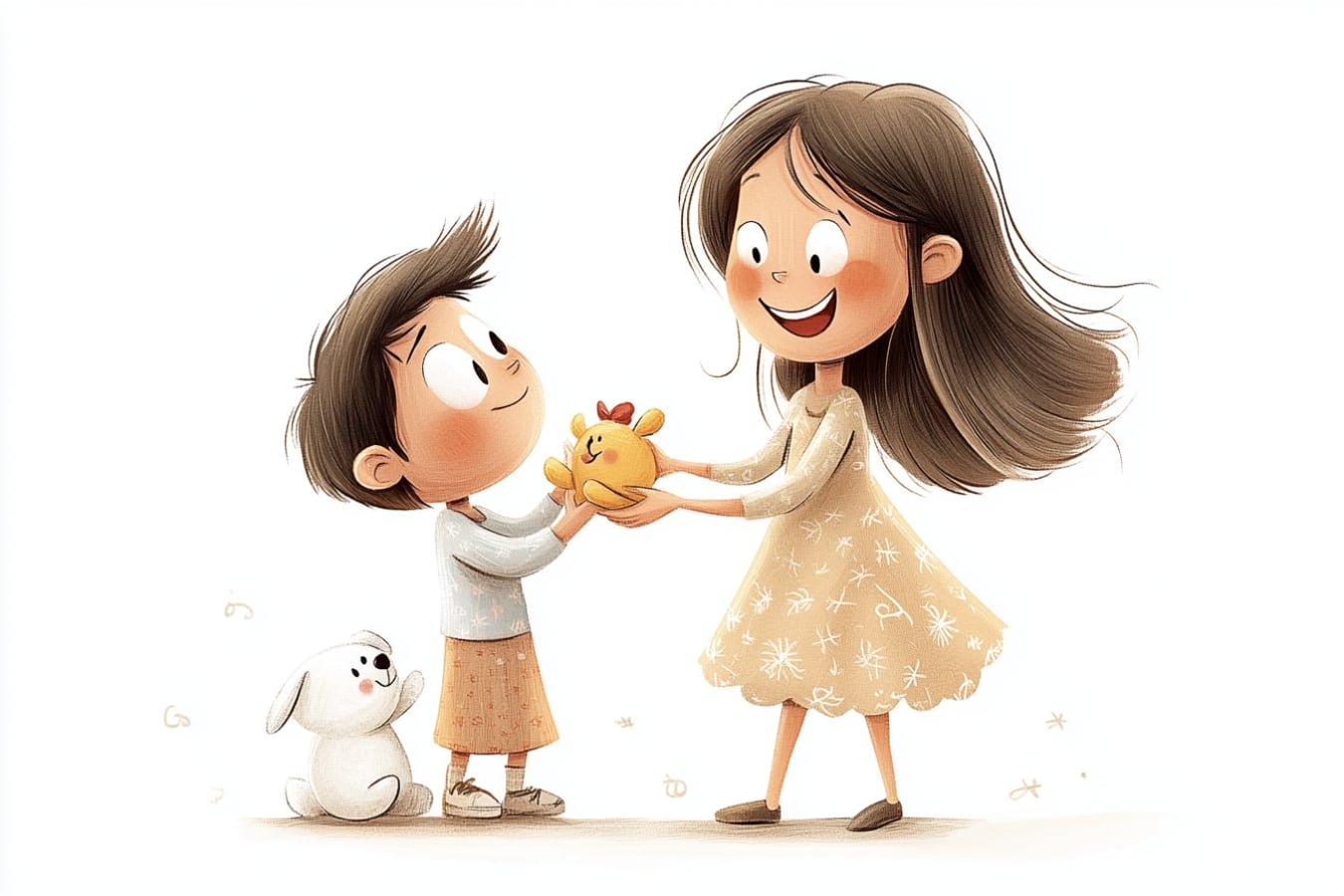
But perhaps we can go even further. Find a way to use the gifts for the good, whether by sharing them with others, using them for a devar mitzvah, or finding a way to bring more light to the world with the gifts you received. If they were given gelt to buy something on their own, that is even better. Help them choose something meaningful and worthwhile, perhaps encouraging them to use a small portion of their gelt to buy something for someone in need. There is no greater joy than in giving to others, and post-Chanukah is a wonderful time to impart that to our family!
- Have you shared quality family moments over Chanukah?
Chanukah is a time to strengthen our emunah, to come closer to Hashem, and to strengthen our appreciation of Torah and mitzvos. Quality family time is a happy side bonus of all that Chanukah means. But in a world that is so tumultuous and confusing, family togetherness can be everything. We need that anchor to hold onto, that foundation to keep us safe and grounded, the lighthouse that will help us find our way back home even if we stray.
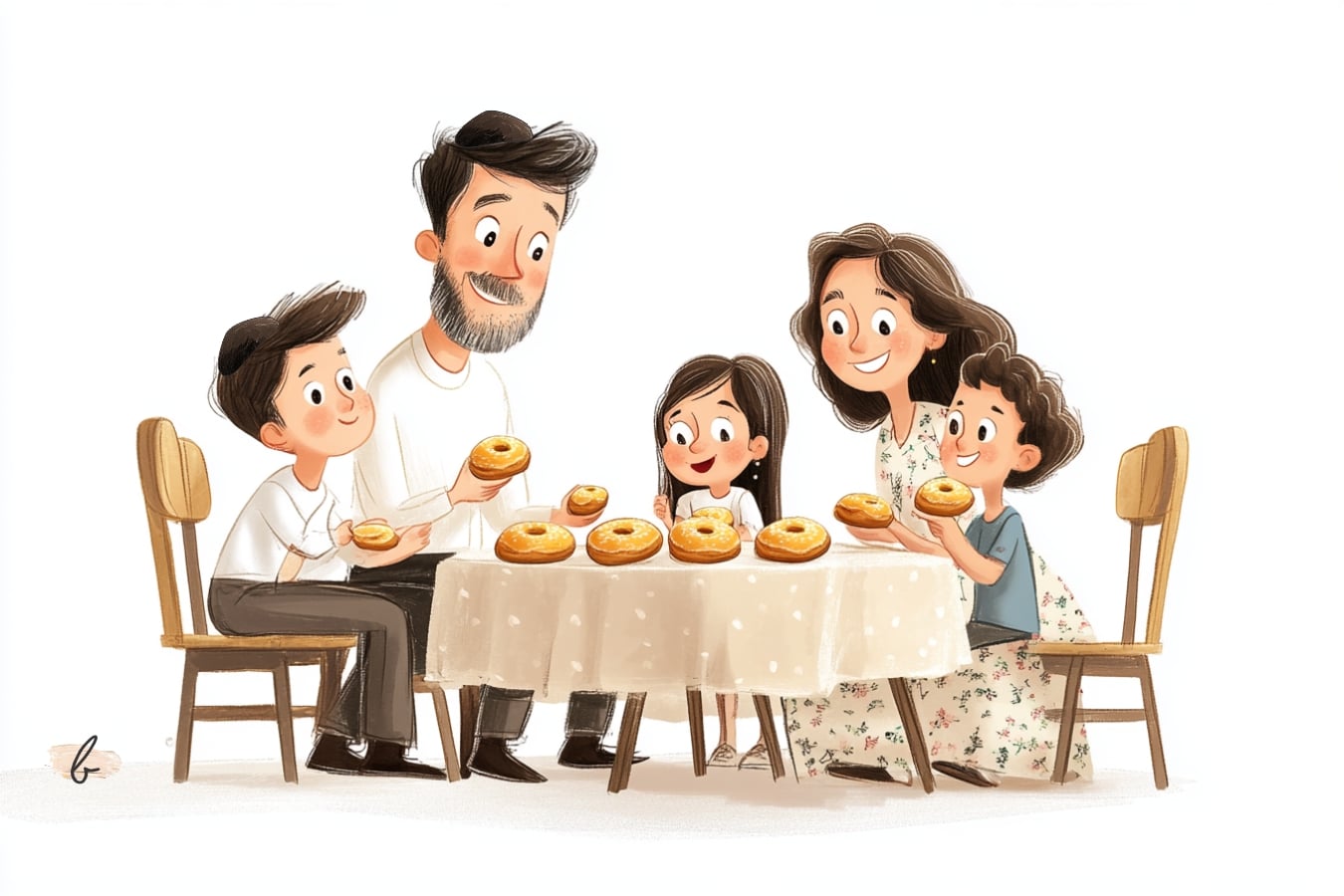
Think about what your family appreciated most about being together more than usual over Chanukah. Was it the family dinner that doesn’t usually happen because everyone eats at separate times, except when you all sit down to eat together after candle lighting? Was it the dancing with Abba as the candles glowed? Did you take a rare day off of work on Chanukah vacation day and spend it playing dreidel and making silver foil menorahs with the little ones? Perhaps it was more of an extended family bonding? Meeting cousins you never see otherwise and appreciating what special people you are lucky to be related to?
Reflect on what is making Chanukah special for your family and see if there is any way to incorporate it into your daily life. Perhaps you can make once a week family dinner mandatory. Sing more, dance more, laugh more together. Invite that special cousin for a Shabbos so you can get to know each other better. Start a family newsletter or telephone conference. Act while you are still high on the inspiration of Chanukah.
Even once you put away your menorah, there is no reason to put out the light of Chanukah! Let it keep burning, lighting up your home for many months until Chanukah comes around again!
Fradl Adams’s new book, Adina Farina Faces Her Fears is available now in stores and online at menuchapublishers.com/collections/new-jewish-books/products/adina-farina-faces-her-fears


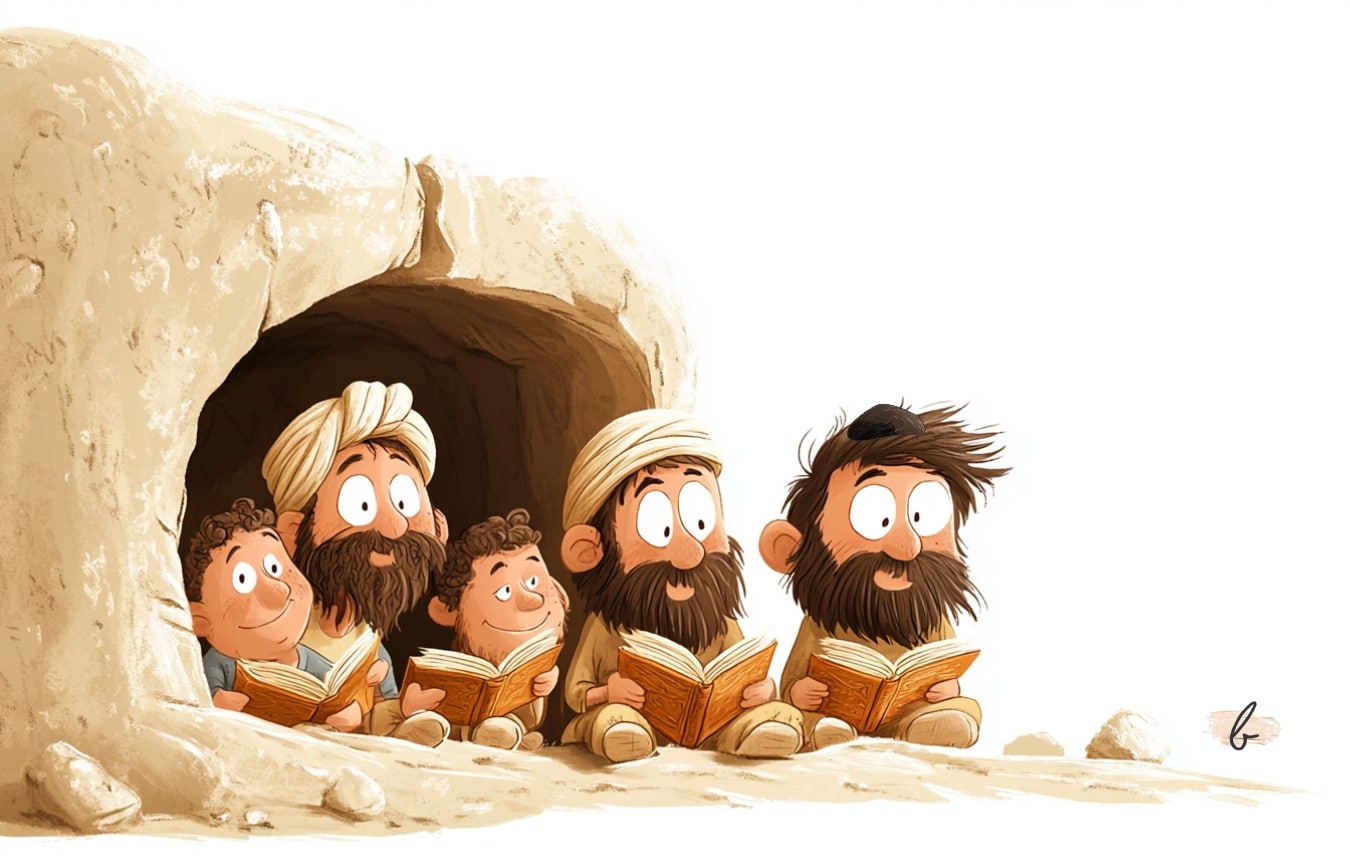


So beautiful! So inspiring!!
Thank you so much! Such beautiful and important points!
So so beautiful!!
Thank you for this inspirational article! I would love to hear more of Fradl’s thoughts on how to deal with SO. MANY. PRESENTS! from well-intentioned family and organizations, not to mention gift exchanges at chanukah parties, “mystery maccabee” at school, etc etc. Thank you!